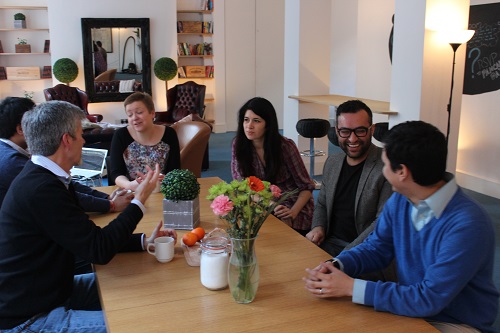Getting a business off the ground and then keeping it efficient and productive is a full-time job in itself. So, it’s important to ensure that you make every minute count. Very quickly you need to be able to assess what is working and what isn’t so that it doesn’t cost you money. Here are a few pointers to help direct you towards key things to watch out for:
The efficiency of your website
From the start, you should try to enlist the help of the best web development agency you can find. They will help you to build a site that looks professional, performs well and makes customers want to engage with you.
If you don’t get professionals on board, you could find your time is consumed with trying to get bugs fixed, correct things you’re not happy with or find solutions to your site running too slowly. All of these things will cost you money in two ways as well – both to get them resolved but also while you’re in the process as they will hold up the running of your site and put customers off in the meantime.

Your routine and how you approach tasks
From changing how you send emails to changing your morning routine, follow the guidance of other productive people in business and change your habits. Often as entrepreneurs, we are frequently looking outwards when it comes to viewing how we can be more productive, trying to see how we can improve systems, enlist help or make others around us more productive.
However, we are responsible for the majority of our success ourselves. By assessing how we approach our daily to-do list or even how we prepare for a day’s work, we can change our mindset to be much more productive. Sometimes it can be as simple as shaking off the cobwebs with a morning run or proper breakfast before we sit down to work.

The black hole of meetings
Particularly at the start of setting up a business, meetings are a crucial part of getting clients on board and planning the work. However, having too many meetings is one of the biggest time killers for start-ups as they can quickly rack up as everyone makes demands on your time that could be spent elsewhere.
From the start, try to make meetings short and efficient – others are likely to thank you for it too. Keep other colleagues – if you have them – in the loop too, so that clients feel comfortable if you need to take a step back.

Don’t be afraid to delegate and know when your part of the job is done and try to make sure others don’t delay projects by spending too much time in meetings – a clear plan from the start will prevent confusion and get things off the ground quicker. If everyone has clear instructions on what their roles are they shouldn’t feel the need to have multiple discussions and it can help when problems crop up too.
Photo credits: coworkinglondon.com
